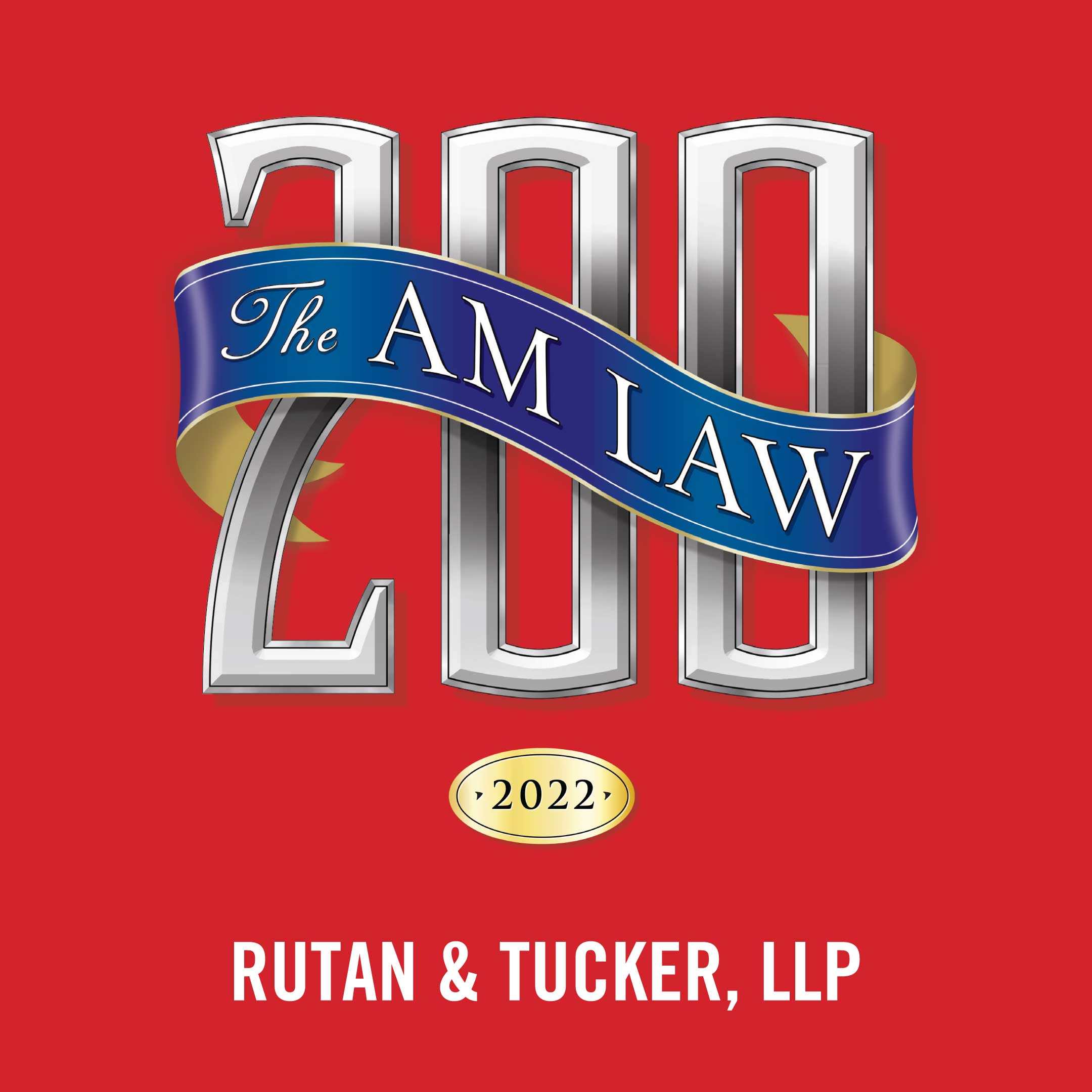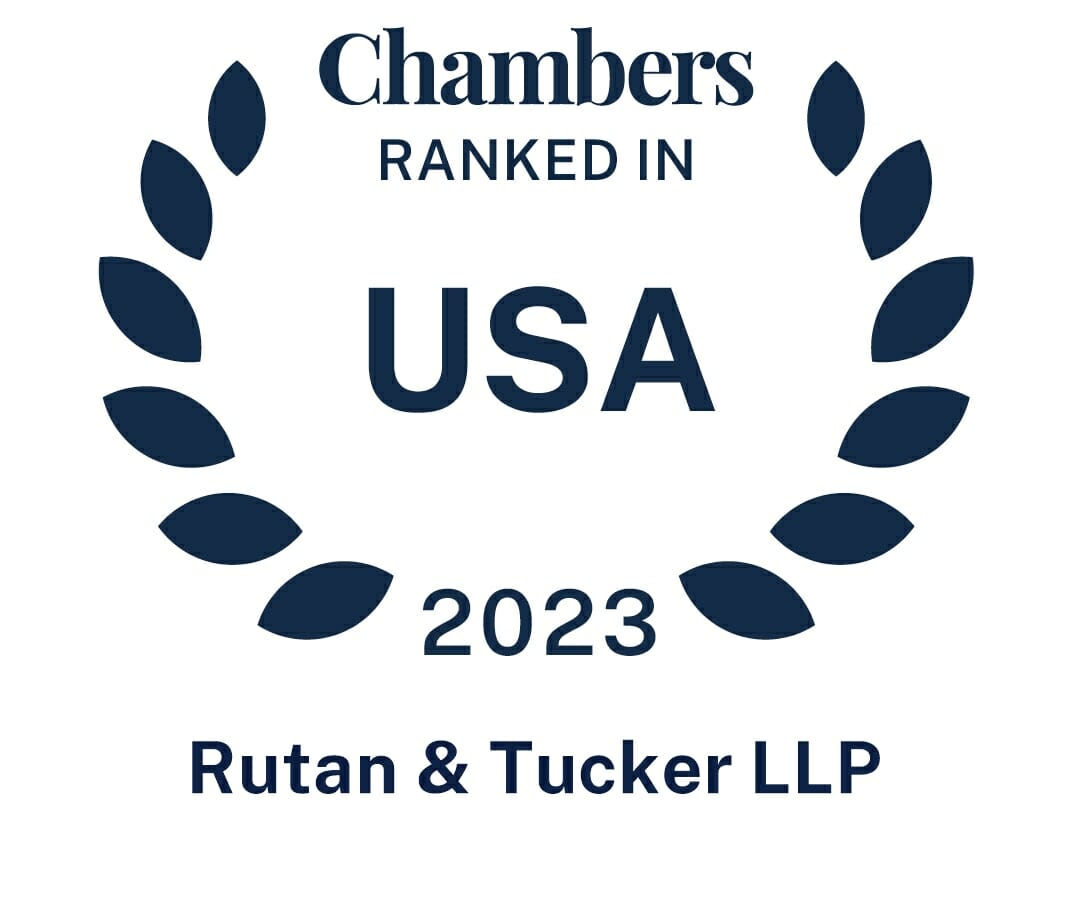Orange County Business Journal October 2023
In today’s ever-changing corporate world, the roles of General Counsel and in-house legal departments are evolving before our eyes. Accelerated by recent global events, we’ve witnessed a radical shift towards remote work and digital collaboration that has redefined the way we operate. At the same time, the rise of Artificial Intelligence (AI) and legal technology has opened doors to corporate and legal efficiencies and strategic opportunities. As corporate executives and leaders in Orange County, you are no doubt keenly aware of the evolving legal landscape. The secret to thriving in this dynamic environment? It’s all about crafting a Legal Department of the Future. This transformation involves embracing modern legal practices by harnessing a mix of AI and legal tech. In this article, we’re diving into the latest trends, innovations, and strategies to help you lead your organization toward a brighter future.
First, the WHY
Let’s start with WHY. Creating a Legal Department of the Future is an adventure where innovation meets opportunity. Why embark on this journey, you ask? Well, here are a few examples of the benefits of embracing the change:
• Efficiency Gains: AI and legal tech can be your productivity hacks. They’re here to make life easier and more efficient. Instead of your team spending hours slogging through repetitive tasks, AI can swoop in and do the heavy lifting. For example, it can swiftly review contracts, spot crucial details, and even help prepare initial drafts of documents. By letting the tech handle some grunt work, you’re freeing up your team’s time and energy to focus on the high-value, brainy stuff—the tasks that really make a difference, like crafting winning legal strategies or sealing gamechanging deals.
• Risk Mitigation: Predictive analytics and AI-driven tools can help identify and address risks proactively. By spotting risks before they become full-blown problems, you’re minimizing your company’s legal exposure.
• Cost Savings: Let’s be honest; legal departments sometimes get tagged as the “cost-center” of the organization. AI and automation are not just handy tools, they can also reduce legal department costs, making your organization’s overall operations more cost-effective.
• Enhanced Collaboration: Remote work and digital collaboration tools like Slack, Microsoft Teams, and Zoom can foster stronger connections between legal teams, other departments, and external partners. Even if you’re miles apart, these tools can improve communication efficiency and make projects run smoother than ever.
• Strategic Influence: In your forward-looking legal department, you’re not just a lawyer; you’re a strategic partner. AI and legal tech can put your department in a position to be a part of the conversation, influence decisions and strategy, and contribute to the success of the company.
Now, the WHAT:
Now that you’re convinced, or at least entertained enough to keep reading, let’s dig into the WHAT. AI and legal technology have emerged as game-changers in the legal field. Incorporating innovations, such as the following, can significantly enhance your legal department’s efficiency and effectiveness:
• AI-Powered Legal Research: AI-driven research tools can sift through vast legal databases, providing rapid and precise insights. This allows your team to stay up-to-date with legal developments and make well-informed decisions.
• Contract Management: You may already be familiar with automated contract management systems. But as of late, AI-driven contract management systems are taking automated contract review, tracking, and management to the next level. These systems increase consistency within your company contracts, streamline processes, reduce errors, and enhance contract compliance.
• Predictive Analytics: Depending on your industry, your company may already be using predictive analytics, such as analyzing market trends and client data to pinpoint potential areas for innovation and strategic partnerships, allowing your company to stay ahead of the competition and capitalize on emerging opportunities. There is no reason your legal department shouldn’t also be using this valuable tool. Predictive analytics empowers your legal department to anticipate legal challenges, allocate resources more effectively, and make informed, data-driven decisions. For
example, if your company is handling high-stakes contract negotiations, predictive Embracing Artificial Intelligence and Legal Technology: Creating a Legal Department of the Future analytics can direct your strategy by sorting through past contract data, comparing the details of past negotiations, and providing insights into the likelihood of favorable outcomes. In the litigation context, an analysis of historical case data, factoring in variables specific to your matter, can help you determine the probability of success in court, so you can make an informed decision as to whether to settle or proceed to trial. AI analytics tools can also help you stay ahead of potential regulatory violations by alerting you to potential risks. These are only a few of many examples as to how predictive analytics can enhance your capabilities.
• Document Review and Due Diligence: In mergers and acquisitions and other complex transactions, AI can expedite due diligence by rapidly reviewing documents for pertinent information. This not only saves time but also reduces costs.
Finally, the HOW:
Creating a Legal Department of the Future will involve delving into uncharted territories. HOW? Your outside counsel and vendors can help steer you through the process. And for good measure, I include a few suggested practices below to get you started.
• Technology Committee: Establish a Technology Committee within your department. Team members should become pros in optimizing processes, reducing costs, and enhancing service delivery, allowing your legal team to focus on strategic initiatives. For example, they might implement the contract management software I mentioned above to automate document review, speed up contract negotiations, and make everyone’s lives easier.
• Be Agile: Embrace an agile culture that is excited about innovation. Emphasize flexibility, collaboration, and rapid response to changing circumstances. An agile legal team will be able to quickly adapt to, and even leverage, new challenges and opportunities.
• Continuous Learning: Encourage your legal team to engage in lifelong learning. In the same way your team is keeping up-to-date with the law, they should keep pace with legal tech developments, emerging regulations, and industry trends. For instance, they might enroll in courses on AI and data analytics.
• Ethical and Privacy Considerations: As you embrace innovation and AI, ethical and privacy concerns are paramount. Ensure that AI systems adhere to ethical and legal standards, especially in areas like bias, data collection and data privacy. And keep in mind that as AI continues to evolve, so should your ethical standards and policies. You will want to audit and review AI and legal technology systems regularly to ensure they are operating ethically and abiding by company guidelines.
In Orange County, we are no strangers to innovation, and our legal departments should be no exception. As corporate leaders, you have the unique opportunity to drive innovation and shape the future of your legal department. By leveraging AI and legal tech and adopting modern legal practices, you can create a Legal Department of the Future that is agile, efficient, and well-equipped to navigate dynamic, shifting legal environment. The path to the Legal Department of the Future may present challenges, but the potential for growth and success is limitless.
Kelly is a corporate and mergers and acquisitions partner at Rutan & Tucker, LLP. She’s the go-to attorney for both acquirers and target companies, specializing in everything from stock and asset acquisitions to mergers among privately held firms, joint ventures, and private equity investments. Beyond that, Kelly assumes the role of outside general counsel, providing invaluable guidance to private companies on their day-to-day transactional and governance matters. Her practice spans diverse industries, from private equity and fashion to finance, food, health and wellness, logistics, manufacturing, and construction. Kelly can be reached at kgalligan@rutan.com or (714) 338-1813.
Download a copy HERE!



